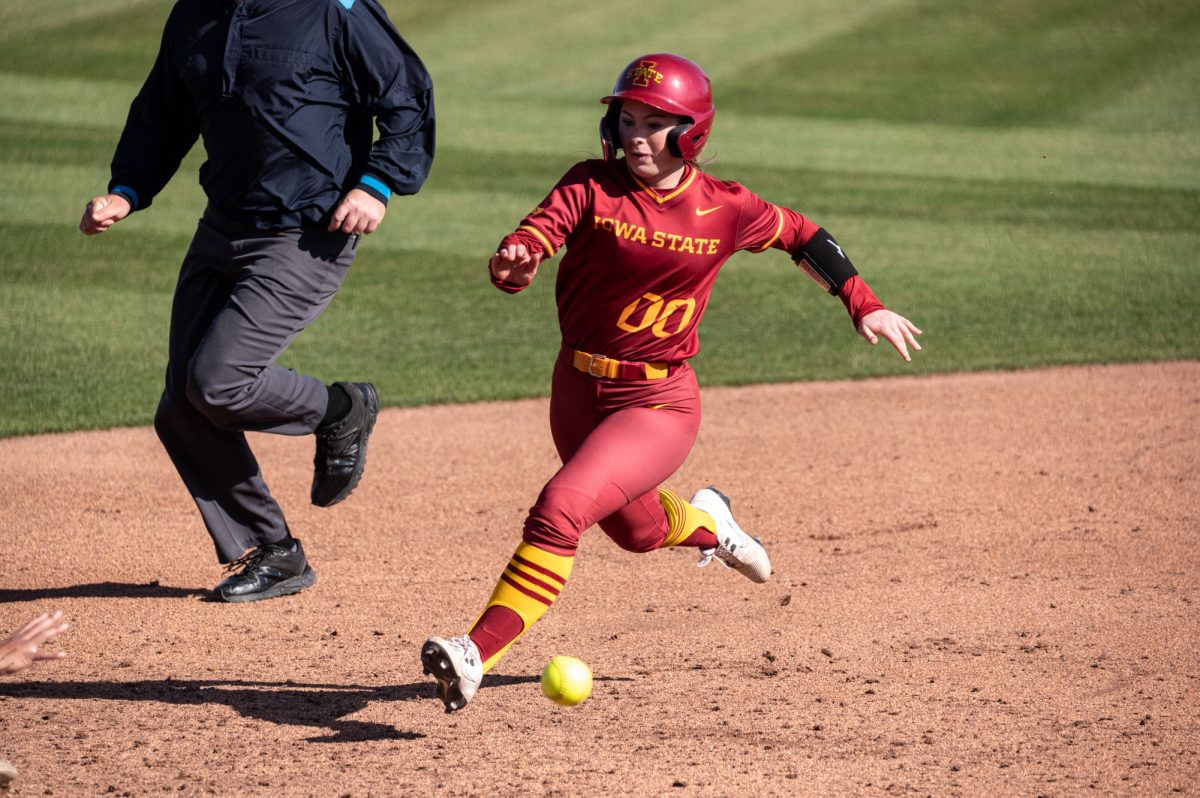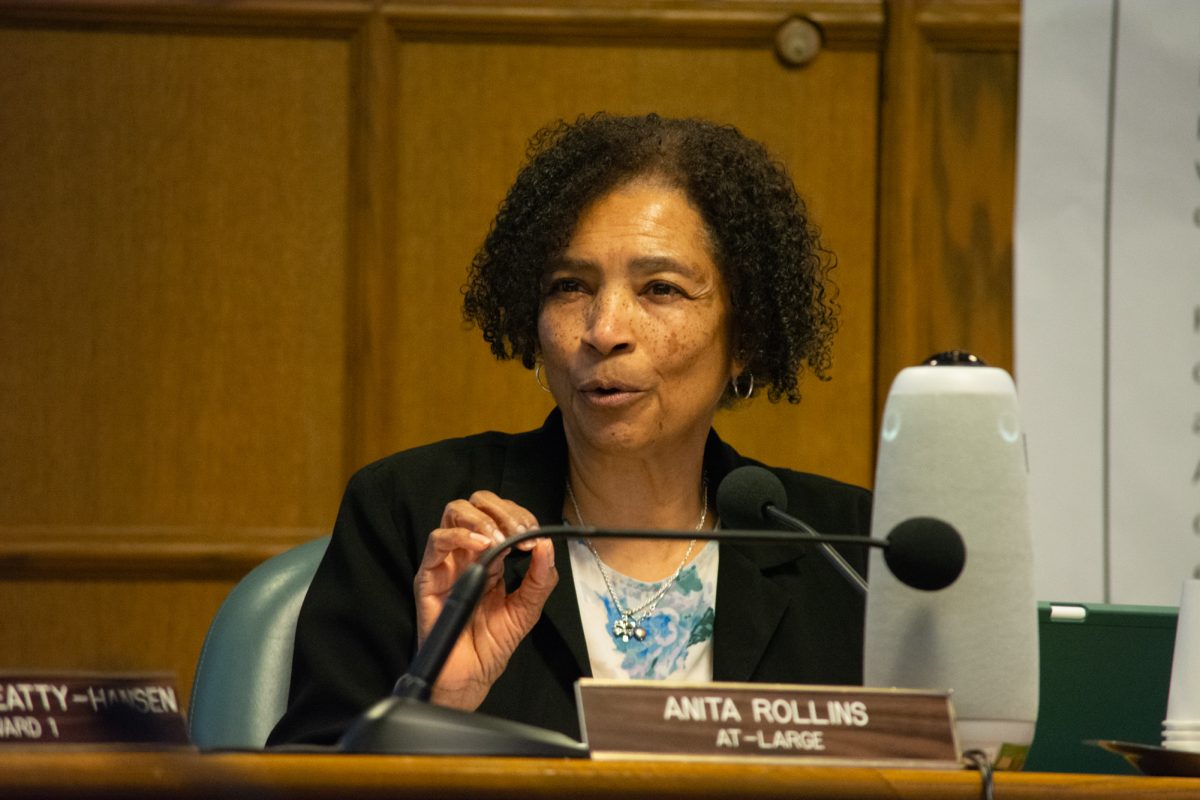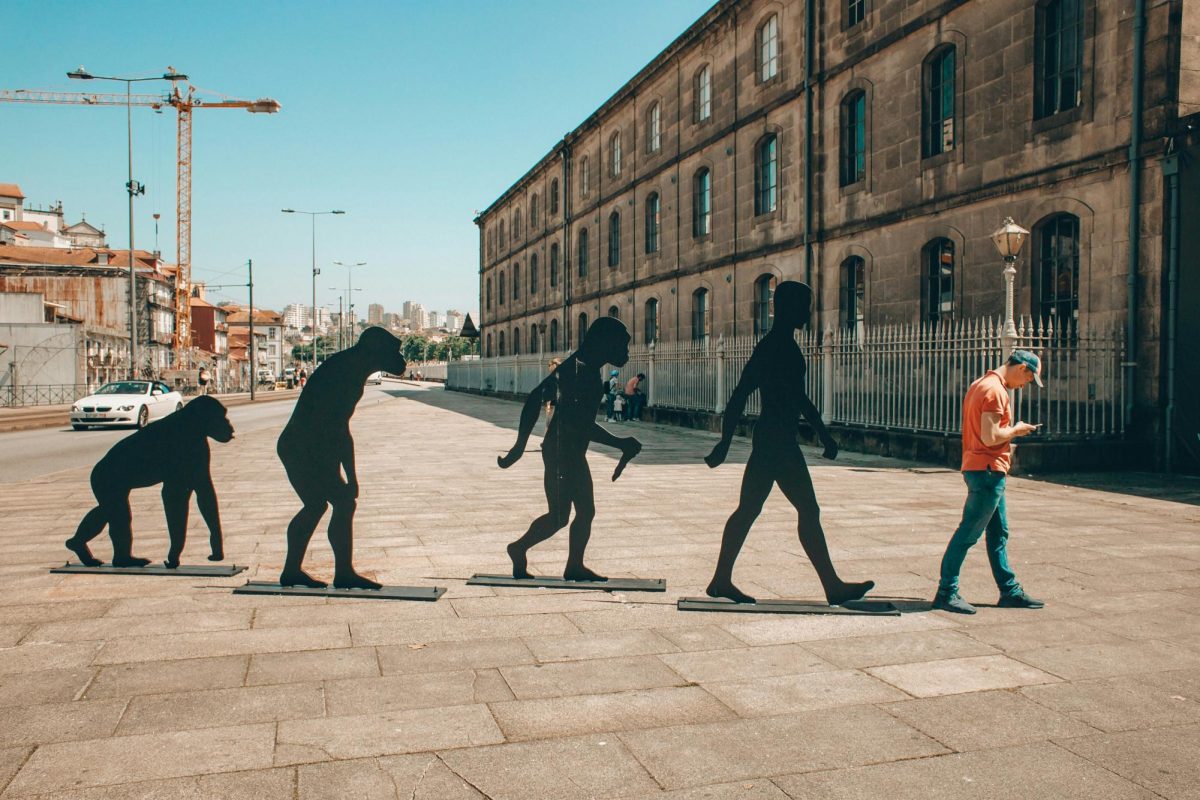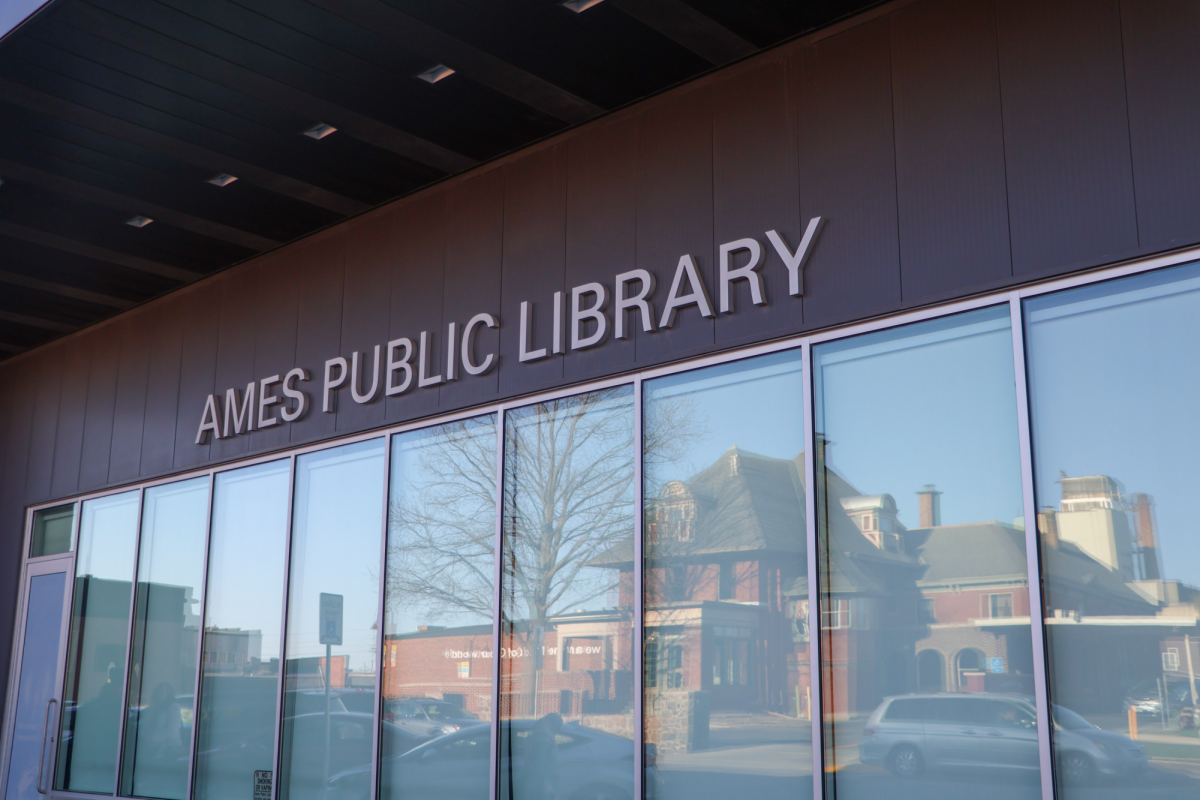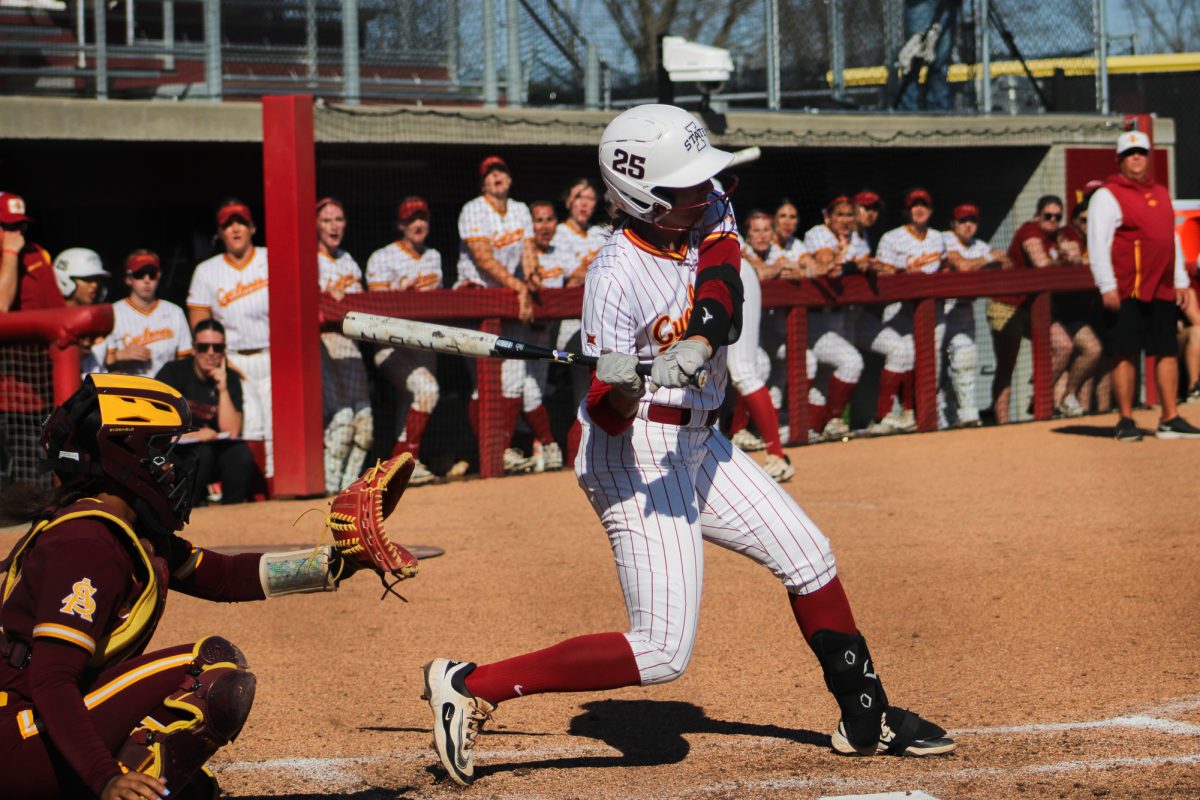Police say anti-Coke group may be linked to vandalism
March 10, 2005
Although it has been actively spreading its message on campus for only two weeks, the Ames Campaign to Boycott Coke has attracted attention from law enforcement.
Two disturbances at ISU dining centers that may be related to the campaign have resulted in a police investigation of the group, members of the group said.
The campaign is calling for a boycott of Coca-Cola products in Ames because of Coca-Cola’s alleged involvement with anti-union activity in Coke bottling plants in Colombia, including the murders of eight union leaders by paramilitary forces.
Jerry Stewart, director of public safety, said there have been two recent incidents on campus that could be connected to the anti-Coke campaign. On Feb. 24, a cooler containing primarily Coke products at the Union Drive Community Center market was chained shut, and, on March 1, anti-Coke stickers were placed on fountain drink machines at the Memorial Union, he said.
Carl Chumos, manager of food services who was present during the Feb. 24 incident, said fliers detailing the allegations against Coke were put on two coolers containing Coke products. Maintenance staff cut the chains off within 15 minutes, and the incident did not affect business, he said.
Stewart said those responsible could be charged with criminal mischief, which is a simple misdemeanor.
Janell Meyer, assistant director of campus dining services, said, regarding the March 1 incident, that it was unknown when the stickers were placed on the machines. The night manager on Feb. 28 said she saw no stickers before she closed, and the stickers were found the next day by the morning supervisor, she said.
“The real concern with that one that the Memorial Union staff voiced was the probability that access was gained when the food court area was closed,” Stewart said.
A simple misdemeanor charge of criminal trespass could result from the incident, he said. Although there have been other incidents involving damage to, and theft from, Coke machines, these are not unusual and are not linked to the anti-Coke campaign, Stewart said.
Dan Sherman, a member of the anti-Coke campaign, said neither he nor anyone formally associated with the campaign was responsible for the incidents. Sherman, freshman in liberal arts and sciences-open option, said he believes individuals took the anti-Coke information the campaign had presented and chose to take matters into their own hands — acting outside of the organization.
“When you look at the objectives of the campaign, it wouldn’t make sense for members of the campaign to engage in that sort of activity,” he said. “There’s not a whole lot we can do to censor outside individuals who take matters into their own hands.”
He said the only way the incidents and campaign are linked is through the subject matter.
The campaign is working on plans to approach Ames businesses about a Coke boycott and is planning other activities aimed at raising awareness of Coke’s alleged abuses, he said.
As a result of the group’s efforts to spread its message through fliers and chalking, some local business owners have put up information presenting Coca-Cola’s side of the story.
Robert Moore, manager of The Flying Burrito, 2712 Lincoln Way, said he put up information showing Coke’s side of the story in his establishment.
“Ames is a pretty educated clientele; they can make decisions for themselves,” he said. “I’m not exactly sure what happened in Colombia, and I haven’t seen that much evidence against Coke.”
According to a statement on the Coca-Cola Web site, the murders of union leaders in Colombia are unrelated to the company. The statement points out that Colombia is a violent country, and there is no evidence linking Coca-Cola to the crimes.
Moore said he supports the idea of people making commercial decisions based on their political views.
“That’s the way to get things done,” he said. “If Coke was hurting my business, by all means I’d switch.”


